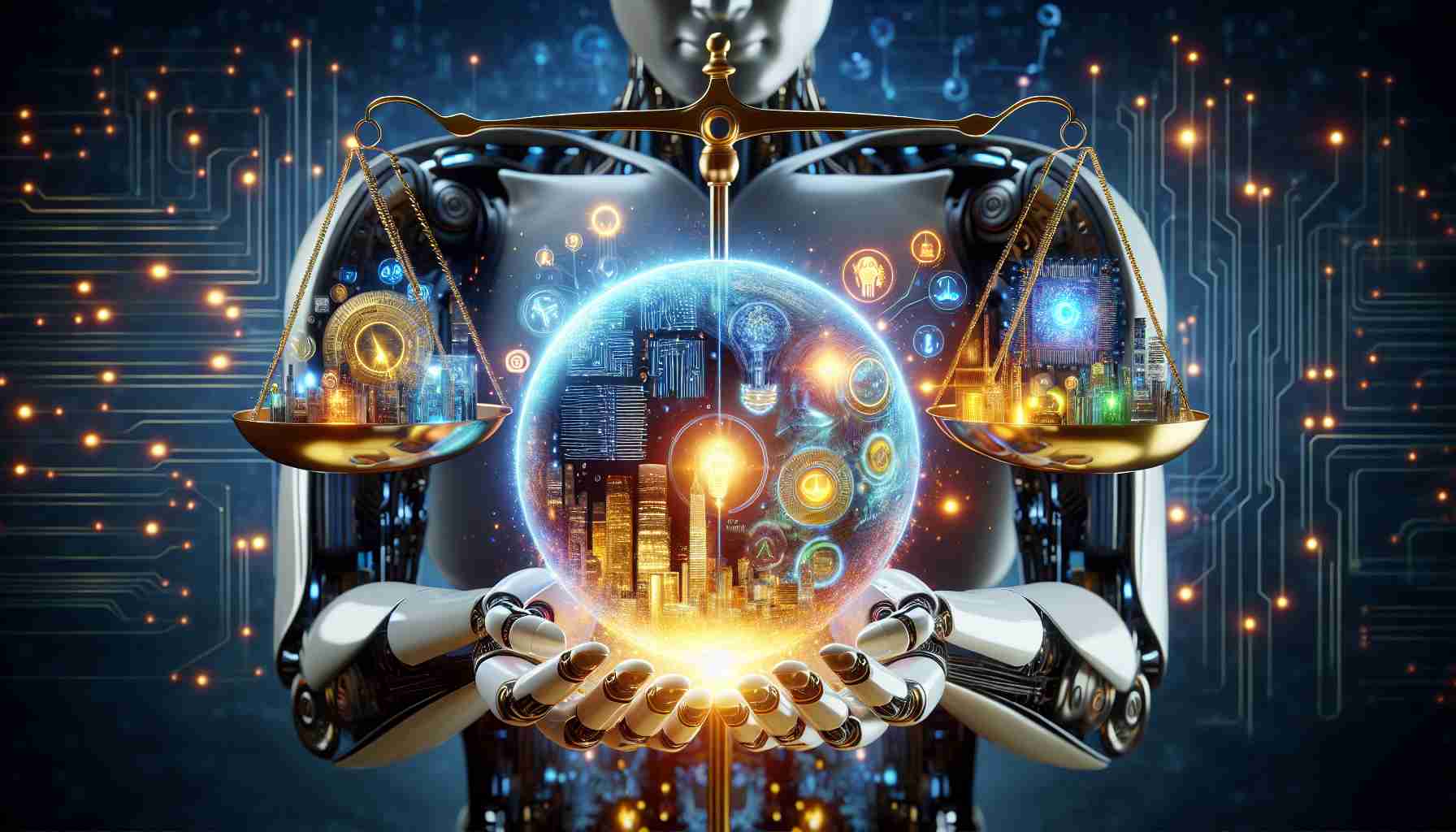Artificial Intelligence (AI) is not magic—rather, it’s a revolutionary catalyst for change that necessitates continuous work, specialized training, and thoughtfully crafted regulation. This pivotal technology headlined the Digital Enterprise Show (DES) in its eighth annual congregation. The city of Málaga, hosting the event for the third time following its inception in Madrid, watched as 17,000 executives discussed AI’s future.
AI’s application proves broad and beneficial, from enhancing demand forecasting and decision-making to early disease detection and sustainability efforts. Mark Minevich, President of Going Global Ventures Inc and an advisor to the UN, expressed that we’ve entered an “algorithmic era” where humans and machines collaborate to create a better future. However, the immersive power of AI also carries ethical challenges, demanding responsible use and global governance, yet without stifling innovation through excessive regulation.
Global organizations must focus on strategic, long-term initiatives for AI to be truly beneficial. “We are at an inflection point,” Minevich emphasized, urging entities to look beyond mere hype and evaluate how AI can be effectively harnessed.
Also present at the forum, Wendy Hall, a trailblazer in developing World Wide Web science and an expert on the UK government’s AI advisory committee, highlighted the necessity of adequate regulation. She warned against the rising control of tech companies over internet-generated data, which serves as the lifeblood of AI.
DES’s exhibition space brimmed with innovation, showcasing companies like Oracle and T-Systems. Oracle revealed a F1 simulator used to analyze Red Bull Racing’s car telemetry, enhancing the drivers’ performance. As for T-Systems, they presented a virtual dressing room employing realistic environmental conditions and fabric elasticity—born from the high cost of incorrect clothing sizes. Additionally, OkTicket displayed their AI-driven OkScore, which analyzes restaurant receipts to rate the nutritional value of meals, a boon for health-conscious professionals.
Facts relevant to the topic:
– AI is the backbone of numerous emerging technologies like Internet of Things (IoT), Robotics, and Autonomous Vehicles.
– It is increasingly used in diagnostics in healthcare and has shown promise in identifying patterns that human doctors might miss.
– Major tech firms are investing heavily in AI research and development, leading to further advancements and applications.
– The global AI market size was valued at approximately $93.5 billion in 2021 and is expected to grow significantly in the coming years.
– Critics of AI raise concerns about job displacement due to automation and the potential for biased decision-making if AI systems are trained on flawed data.
Important Questions:
1. How can we ensure AI develops in a way that is ethical and doesn’t reinforce existing biases?
2. What legal frameworks are necessary to govern AI and protect the interests of individuals?
3. How will AI impact the future job market and economy?
Answers:
1. Ethical AI requires transparency in algorithms, diverse training data, and collaboration among stakeholders to detect and correct biases.
2. Legal frameworks need to be flexible to adapt to rapid advancements in AI while ensuring privacy, security, and accountability.
3. AI is likely to transform the job market, creating new roles while displacing others. Reskilling and education will be essential to prepare the workforce for the future economy.
Key Challenges and Controversies:
– Ensuring AI fairness and avoiding bias.
– Privacy concerns associated with widespread data collection.
– Accountability when AI systems make mistakes or cause harm.
– The “black box” issue, where decision-making processes within AI systems are not transparent.
Advantages:
– Increased efficiency and productivity in numerous industries.
– Potentially lower costs for consumers and businesses.
– Opportunities for innovation across science, medicine, and other fields.
Disadvantages:
– Risk of job losses in certain sectors due to automation.
– Possibility of creating and perpetuating biases.
– Cybersecurity risks due to AI’s ability to automate hacking and data breaches.
Related Links:
– Explore AI advancements at the official site of the MIT Technology Review.
– Delve into AI ethics and regulation with research from United Nations.
– Understand the economic impact of AI by visiting the main domain of the World Economic Forum.
– Investigate AI investment and market trends at the Crunchbase main site.

